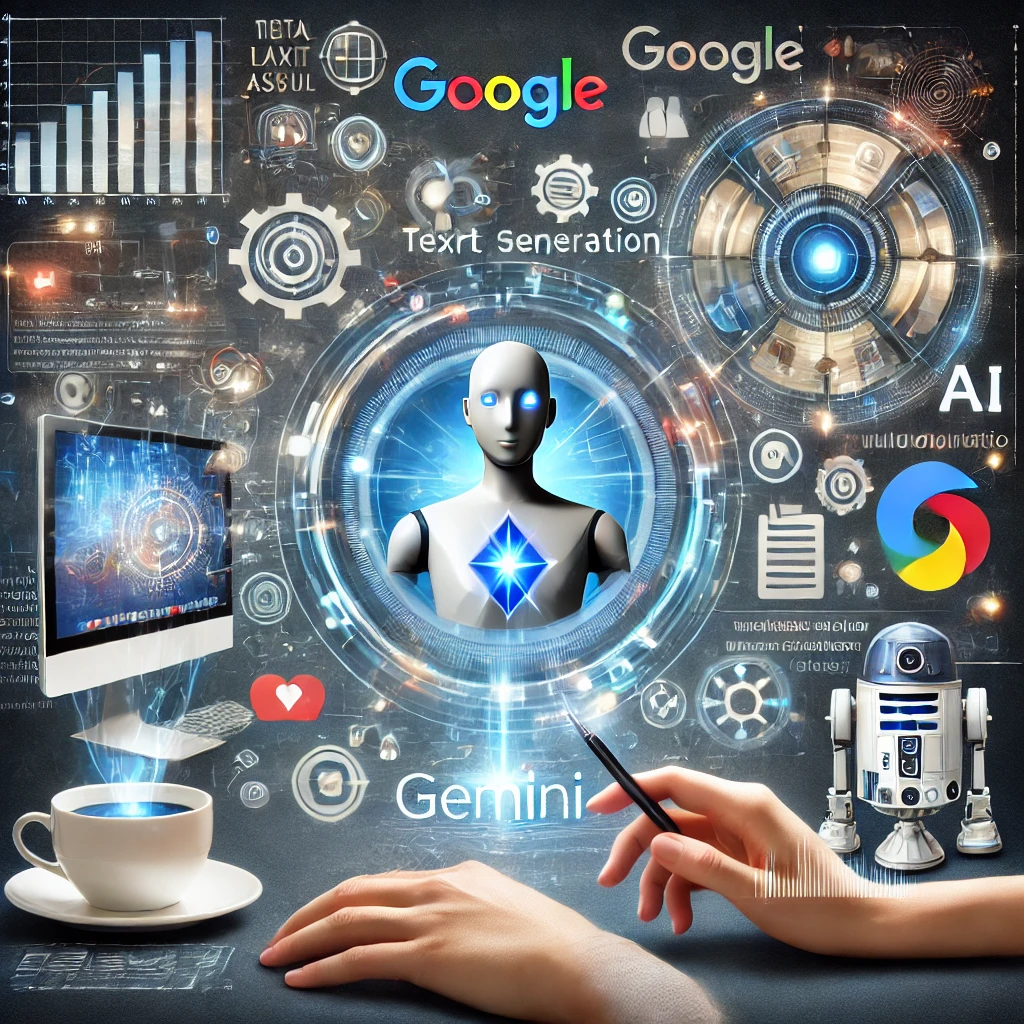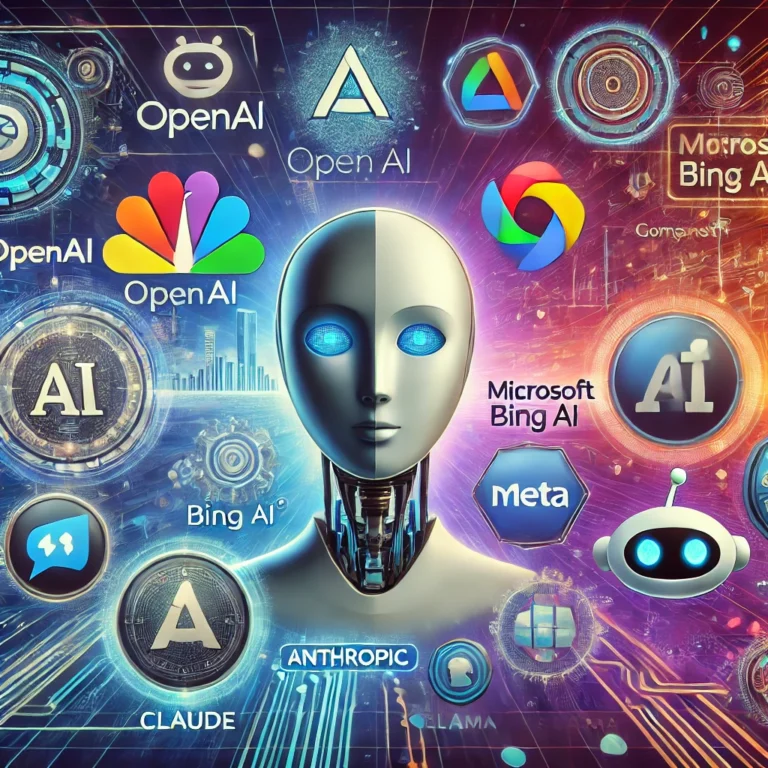Google’s Gemini: The Future of AI in Search and Beyond
In 2024, Google officially launched its groundbreaking Gemini AI—an advanced generative artificial intelligence that marks a new era in search and natural language processing. The launch of Gemini is not just an incremental update but a significant leap forward in Google’s efforts to integrate AI technology deeply into its suite of products. This new AI model powers Google’s search engine, cloud services, and even productivity tools like Google Docs and Gmail, showcasing how Google is positioning itself at the forefront of AI innovation.
In this article, we will delve into the key features, the timing of the launch, and what Gemini means for the future of AI-powered search and other Google products.
What Is Google Gemini?
Gemini is Google’s next-generation AI model, designed to improve search engine capabilities, deliver more contextually rich results, and enhance the user experience across Google’s services. It’s seen as a direct competitor to OpenAI’s GPT-4 and aims to set a new standard in the realm of generative AI. The core strength of Gemini lies in its multimodal capabilities, which means it can understand and generate not only text but also images, videos, and other types of content.
Gemini is a more powerful model compared to its predecessors, such as PaLM 2, and is expected to offer deeper integration with Google Search, Assistant, and Google Cloud. This AI model is also designed to handle more complex queries and provide interactive experiences that resemble human-like conversations, bringing a more intuitive experience to users.
Launch Timeline
Google announced the launch of Gemini at its Google I/O 2024 conference, making the model publicly available later in the year. The phased rollout means that different services and regions will gradually gain access to Gemini-powered features. The company plans to integrate it fully across Google’s core products, starting with Google Search and Google Workspace, before moving on to Android OS, Google Cloud, and other platforms.
One of the standout features discussed during the launch is the improvement Gemini brings to Google Search. Unlike traditional search engines that display lists of results, Gemini is designed to understand the user’s intent more comprehensively, delivering detailed and contextual answers. This shift brings conversational search to the forefront, where users can engage in natural, back-and-forth dialogues with the search engine.
Key Features of Google Gemini
- Multimodal Learning: Gemini is unique because it can process and generate multiple forms of media—text, images, and videos—making it far more versatile than previous AI models. This capability allows users to search using voice commands, images, or even video snippets, opening the door to more interactive and varied forms of user engagement.
- Enhanced Conversational AI: Gemini brings a more human-like conversation flow to interactions with Google’s platforms. Whether you’re asking for directions, composing an email, or generating a marketing plan in Google Docs, Gemini can provide real-time suggestions and feedback.
- Deep Search Understanding: With Gemini’s natural language processing (NLP) improvements, search results will no longer be limited to simple keyword matching. The AI will consider context, user history, and intent to offer more accurate and tailored results. Whether you’re performing research or shopping online, the responses will be more conversational and intuitive.
- AI-Powered Creativity: For content creators, Gemini introduces new possibilities. It can help generate detailed reports, draft emails, or even suggest improvements to code. Its ability to work across media formats makes it an invaluable tool for developers, designers, and writers alike.
- Integration Across Google Services: Gemini is not a standalone tool but is deeply embedded within the Google ecosystem. Whether you’re using Gmail, Google Cloud, or YouTube, you’ll start to notice the AI seamlessly assisting with tasks like summarizing information, managing workflows, or even transcribing videos.
Gemini and the Future of AI-Powered Search
Google’s Gemini AI is expected to redefine how we interact with search engines and digital platforms. As the model continues to evolve, it’s set to become more context-aware, offering personalized responses that go beyond simple answers. Imagine asking Google to “plan my trip to Paris,” and rather than just returning a list of websites, Gemini could craft a detailed itinerary based on your preferences, budgets, and previously visited destinations.
With its conversational capabilities, Gemini brings an entirely new level of interaction between humans and machines. The AI will act as a smart assistant, learning from previous interactions and providing progressively more helpful and accurate responses.
The Road Ahead: Gemini in 2025 and Beyond
Looking ahead, Gemini is expected to extend its impact beyond just search and content creation. Its integration into Google Cloud will enable businesses to leverage its AI capabilities for enterprise applications, data analysis, and automation.
As Gemini continues to learn and improve, Google envisions a future where this AI model can be integrated into almost any device, transforming the way we interact with technology on a daily basis. Whether in autonomous vehicles, smart homes, or advanced robotics, Gemini’s AI-driven insights and conversational abilities could change the landscape of personal computing and machine learning.
Conclusion
Google’s Gemini AI is a game-changer, representing the next frontier in AI-driven innovation. Its multimodal capabilities, contextual search understanding, and seamless integration with the Google ecosystem position it as a pivotal tool in reshaping the future of digital interactions. As Gemini continues to evolve, we can expect even more personalized, intuitive, and powerful user experiences across Google’s products.






